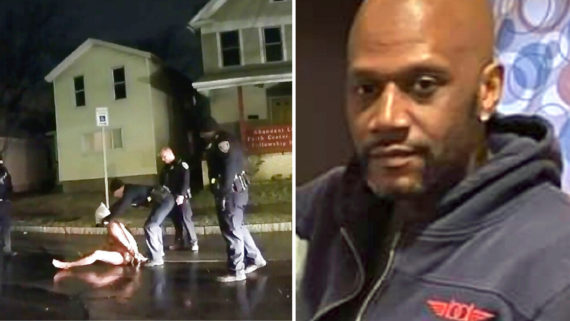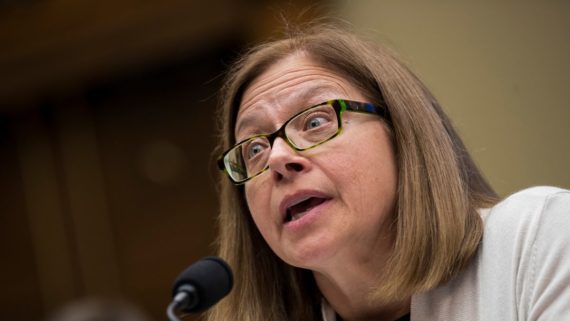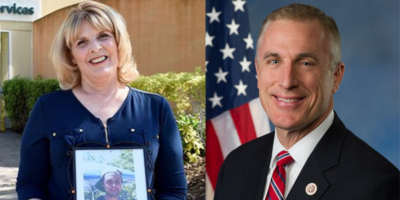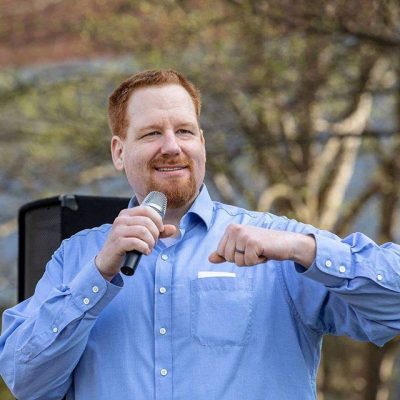 Daniel Prude, 41, apparently stopped breathing as police in Rochester, N.Y. were restraining him in March 2020 and died when he was taken off life support a week later. Photo provided by Roth and Roth LLP.
Daniel Prude, 41, apparently stopped breathing as police in Rochester, N.Y. were restraining him in March 2020 and died when he was taken off life support a week later. Photo provided by Roth and Roth LLP.
(9-18-20) Most of the media attention about Daniel Prude’s death in Rochester has been focused on the police response. What hasn’t been answered is why did a treatment center discharge him hours earlier? Cheryl Roberts, a former judge and executive director of the Greenburger Center for Social and Criminal Justice, asks that question and suggests in a recent editorial that America’s health-care system may be ” just as racist” as the criminal justice system. I look forward to reading your thoughts on my Facebook page.





